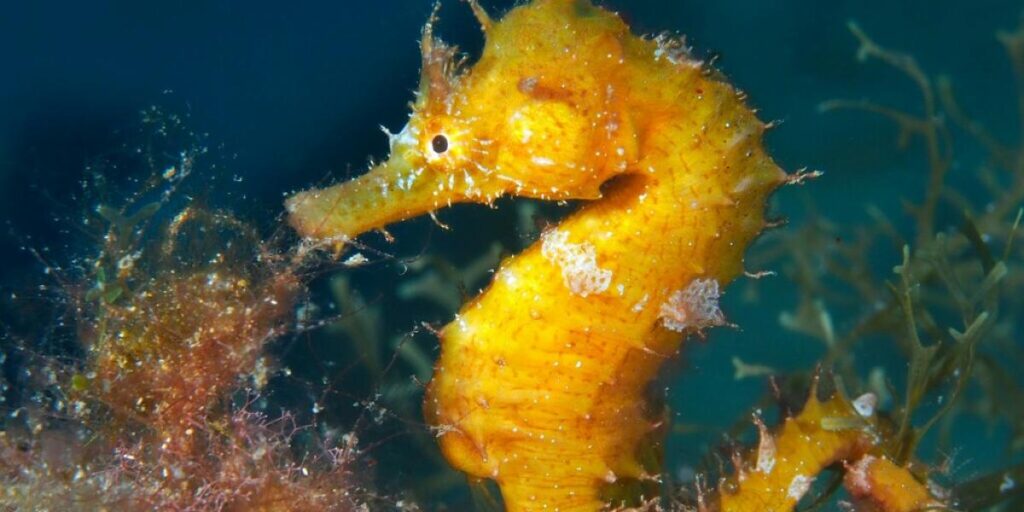
iSeahorse, a global platform for seahorse science and conservation developed by UBC researchers, has reached a significant milestone with 10,000 observations submitted by community scientists. The 10,000th observation, which was that of the short-snouted seahorse (Hippocampus hippocampus), was made by Dennis Rabeling, a long-time and enthusiastic contributor to iSeahorse. The milestone highlights the hard work and dedication of people worldwide who have reported sightings of seahorses in the wild and reflects the potential of community science to advance conservation.
The platform, which is powered by the online platform iNaturalist, has built a strong community and alliance of scientists, conservationists, experts and enthusiasts. Observations collected through iSeahorse are being used by Project Seahorse and its partners to improve knowledge of seahorses, their habitats, and their conservation status. Validated sightings from the platform have extended the geographic ranges of eleven seahorse species, with implications for management and policy action. Additionally, the iSeahorse data have already led to the creation of one new marine protected area (MPA) in the village of Anda, Bohol, Philippines and the expansion of another MPA in the Philippines.
The platform has enabled scientists from Project Seahorse and around the world to better understand species ranges, depth distribution, habitat use, and breeding season. Project Seahorse has used these data to mobilize governments, policymakers, and ocean advocates to care about seahorses and act on their behalf. The iSeahorse community has grown significantly over the years. In addition to logging sightings, iSeahorse has helped generate 20 long-term seahorse population monitoring projects on six continents.
Dr. Amanda Vincent, director of Project Seahorse and Chair of the International Union for Conservation of Nature Seahorse commented, “We love engaging with community scientists and expanding the network of seahorse experts and enthusiasts. Collectively, we can and do power research and conservation to protect these quirky fishes and their ocean homes.”
Visit the Faculty of Science website to learn more.
Through Strategy 9: Knowledge Exchange, UBC is enhancing existing pathways, including those that facilitate entrepreneurship and commercialization.